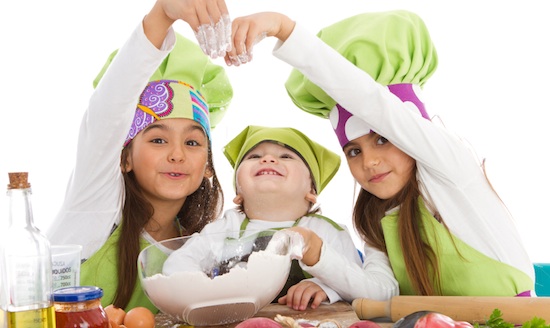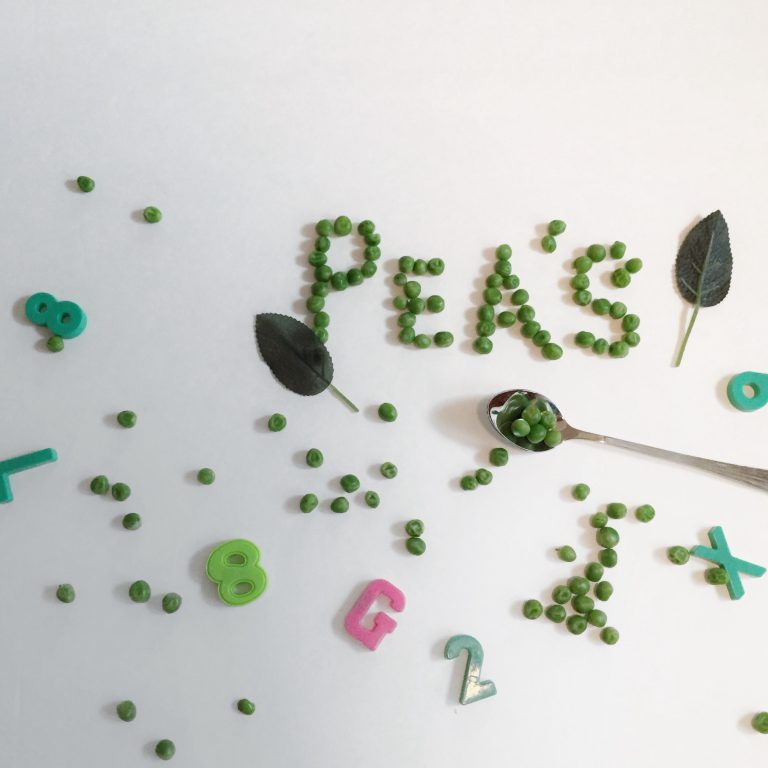All-in-the-Family Farming
September 6, 2016
Editor’s Note: For their book, Farmsteads of the California Coast, writer Sarah Henry and photographer Erin Scott visited more than a dozen sustainable California farms and talked to farmers who grow greens, cultivate oysters, harvest coffee beans, and raise water buffalo to make gelato. To celebrate the autumn harvest, we’re including an abridged excerpt on The Apple Farm and recipes inspired by the farm’s harvest.
The Apple Farm is the kind of country idyll that city slickers dream of visiting. There are the orchards, of course. And there’s the self-serve farmstand. There’s also the well-appointed and welcoming kitchen where hands-on cooking classes take place. There’s a potting shed that would make any gardener swoon.
And dotted on the property are three cottages where guests can stay overnight in California-meets-French chic countryside comfort. It’s the stuff of magazine spreads. It’s also a working farm. And it’s where three generations of one family has transformed a once wild and neglected apple orchard into an agricultural and culinary Eden—through getting their hands dirty, trial and error, and a little good fortune along the way.
Located in Philo, California, the Apple Farm is run by Tim and Karen Bates, aided by their daughters Sophia, Polly, and Rita. Sophia, 35, who resides on a nearby pig farm, is in charge of animal operations. Polly, 27, serves as her mom’s assistant. Rita, 25, oversees the farm’s row crops; her partner, Jerzy, assists in the orchards. Son Joe, 38, lives in Napa and brings his children for farm visits on a regular basis. A few full-time employees work in the fields as well, and a handful of seasonal workers help with harvest.
Tim Bates left a job running his own janitorial company servicing swanky restaurants in Napa Valley to take on the apple orchard. Already an avid organic gardener, the former English-literature major jumped at the opportunity to make a shift to farm life when his in-laws purchased the property. His wife Karen and her four siblings grew up around food; the couple met working at one of the family’s cafes. Karen’s parents Sally and Don Schmitt ran a little restaurant called the French Laundry in the Napa Valley town of Yountville. Opened in 1978, it was one of the area’s first set-menu restaurants serving eclectic French-inspired country cooking with a California twist. By the mid-80s it was a dining destination. In 1994, the Schmitts sold the restaurant to Thomas Keller, then a little-known chef, now a multiple-Michelin-starred celebrity. But that’s another story.
The Schmitts were eager to find the next food-and-farm frontier. That brought them to the run-down apple orchard in Philo, in the Anderson Valley. The area reminded these trailblazers of the Napa Valley before it was the Napa Valley. For ten years the French Laundry subsidized the farm. Sally taught cooking courses aided by Karen, who has since taken over that responsibility.
“Food has always been a big part of my life: my family had the first espresso machine in the Napa Valley,” says Karen Bates, now 60, who oversees guest relations, landscaping, and construction projects on the farm. “I’ve done everything from plastering restaurant walls to waiting tables, to working in the kitchen, to tending the restaurant garden. You learn quickly on the job. Restaurants and farms are similar in that way: there are jobs that need to get done, and everyone gets in and helps make that happen.”
Restoring an Orchard
Initially, the farm needed a lot of TLC to bring it back to life. Tim Bates transitioned the farm from conventional to organic production, and soon after moved to biodynamic farming practices. What exactly is biodynamic farming? It considers a farm as a complete organism and integrates practices that are mindful of nature’s rhythms. For instance, the Apple Farm uses only local products when enhancing soil, including horse and cow manure, compost, and cover crops. Farm animals are rotated through the orchard as needed to aerate the soil and control weeds. Irrigation water comes courtesy of the nearby Navarro River and is used sparingly.
Early in the farm’s renaissance, Tim Bates began grafting flavorful heirloom varieties onto others. Something about bringing back old-world varieties appealed to the novice farmer. It also turned out to be a smart and timely market move: consumer interest in heirloom apples and small-batch apple ciders has grown dramatically in recent years.
The farm sports some 80 varieties of apples, by far the orchard’s largest crop, with 1,350 trees over 16 acres. The farm also grows nine different varieties of pears, as well as peaches, persimmons, plums, and five different varieties of quince. Animals are in residence, including goats, sheep, chickens, and the odd pig. There’s a large produce garden that feeds the family, stocks the farmstand, and supplies the cooking classes. The farm sits on 34 acres about 2.5 hours from San Francisco, but it’s truly a world away. “It’s a gorgeous, magical place, and I’m reminded of that every time I return,” says Polly Bates, an aerialist/dancer/stilt-walker/acrobat who comes back from performing to help with harvest and event planning on the farm. “It’s also a ton of work.”
Philo Fruitlandia
Farm life is not for everyone, Polly concedes. It can be isolating, even when the farm is filled with outsiders. Small-town drama and a general lack of privacy are real concerns. So, too, are disparities among different segments of the community—seasonal workers, people who own land but don’t live in the area, and folks who have lived here for decades. It’s also home. A place where this farm girl is acutely aware of what’s sweet, juicy, bright, and buzzy about life outdoors. “Not many people can call a place like this home,” she says.
This makes her mom happy. “We had no expectation that the kids would come back; we’ve just tried to make it enticing so they want to return,” she says. “There’s room to play and do things that appeal to your personality. But there’s also a load to bear. It’s a balance.”
Karen’s parents, well into their 80s, are planning to spend more time on the farm. The family is renovating living quarters for their return. Sally Schmitt is working on a memoir/cookbook, with the help of her grandchildren. That coming full circle feels good to Karen Bates as well. “The farm has always been about creating something of value that brings pleasure,” she says, “and it’s much more meaningful when you share that with your extended family and the wider community.”
Reprinted with permission from Farmsteads of the California Coast by Sarah Henry (Yellow Pear Press © 2016).
Visit the Apple Farm
- Hours: Daily, 10 to 6
- Info: philoapplefarm.com, 707-895-2333
- 18501 Greenwood Road (at Highway 128), Philo, CA
- Produce available at the Apple Farm farmstand and at Ferry Plaza Farmers Market in San Francisco on Saturdays, August-December.
Recipes
MULLED APPLE CIDER
Ingredients:
- 1 quart fresh-pressed apple cider
- 2 cinnamon sticks
- 1-inch of fresh ginger, peeled and thinly sliced
- 5 whole cloves
- 1⁄2 teaspoon ground nutmeg
- 1⁄4 cup orange juice
- Rind of 1⁄2 orange (in pieces)
Directions:
- Combine all ingredients in a large, heavy pot and bring to a boil.
- Reduce heat and simmer for a minimum of 30 minutes.
- Pour the liquid through a mesh strainer into a second pot and serve by ladling into heat-safe mugs.
APPLE CHUTNEY
Ingredients:
- 6 tart green apples, peeled, cored and coarsely chopped
- 1⁄2 medium-sized red onion, chopped
- 2 tablespoons fresh ginger, peeled and minced
- 1 cup orange juice
- 3⁄4 cup apple cider vinegar
- 1 cup packed brown sugar
- 1 1⁄2 teaspoons sea salt
Directions:
- Combine all ingredients in a large skillet and bring to a boil over high heat. Reduce the heat and simmer, stirring occasionally, for 55 minutes or until the liquid has evaporated.
- Remove from heat and allow to cool before serving.









